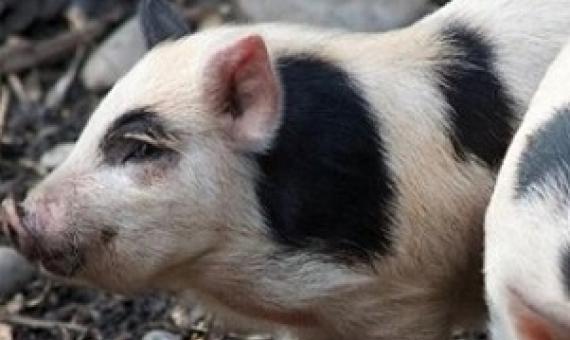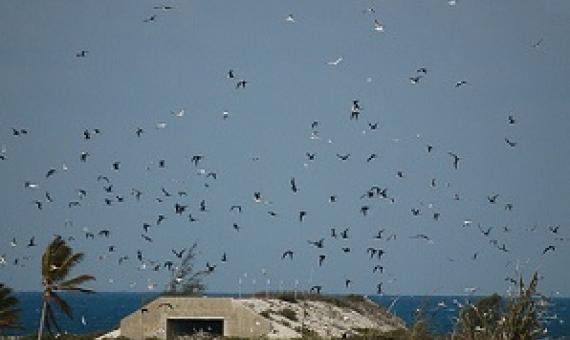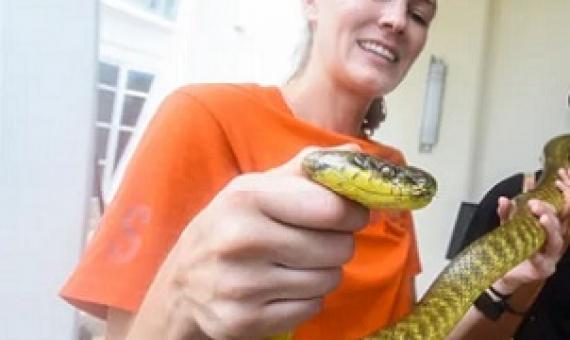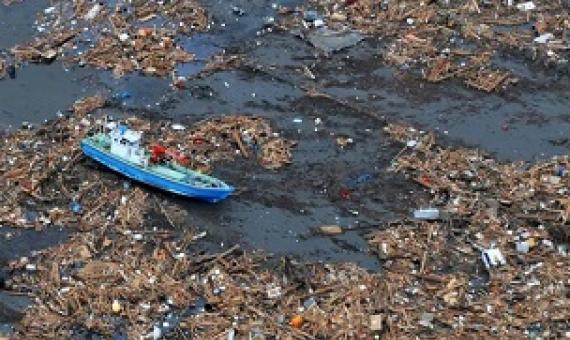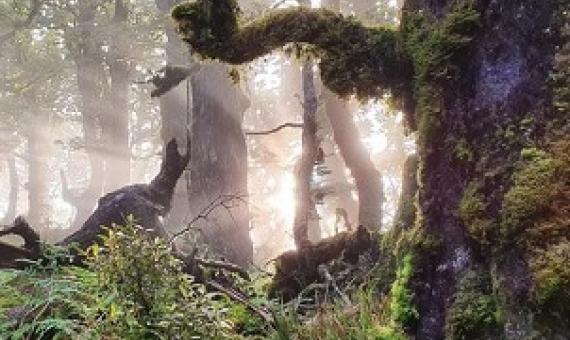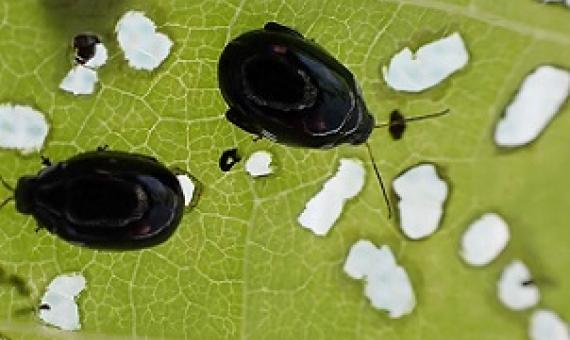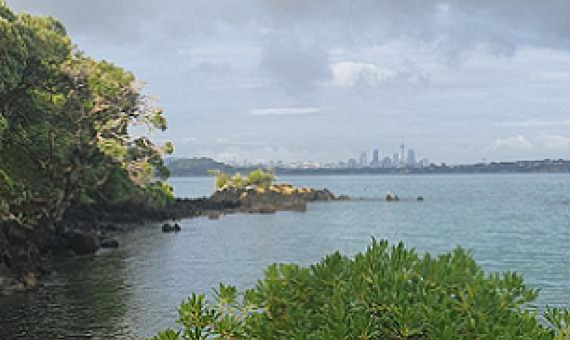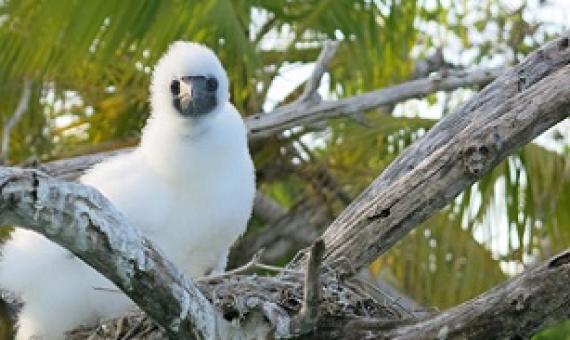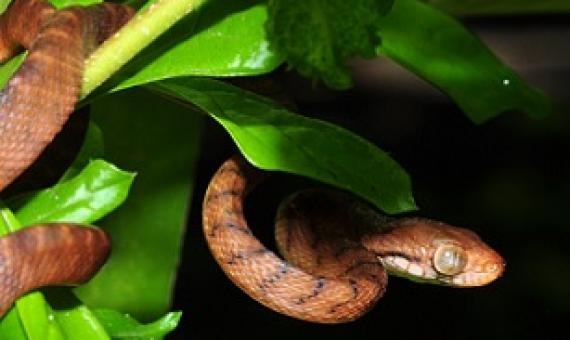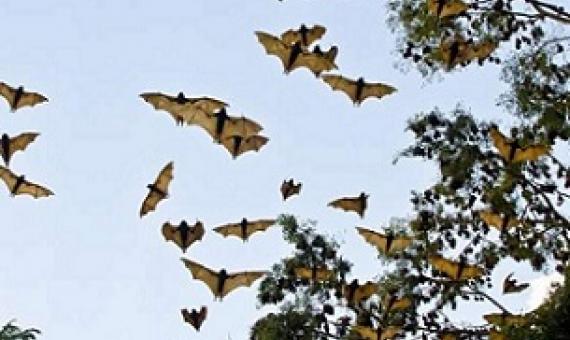Wild pigs (Sus scrofa), one of the most widely distributed mammals on the planet, have gained notoriety in recent decades due to their devastating impacts to agricultural crops and threats to species of conservation concern. Recent findings of a team of researchers from the Un
An invasive species known as the yellow crazy ant has been eradicated from a remote U.S. atoll in the Pacific. The U.S. Fish and Wildlife Service announced Wednesday that the ants have been successfully removed from Johnston Atoll National Wildlife Refuge.
Eradicating the brown tree snakes that have invaded Cocos Island could set an example for how Guam and the rest of the world could handle invasive species, Diane Vice, Wildlife Supervisor at the Division of Aquatic and Wildlife Resources said on Friday...The island has the only free-living popula
There is now so much ocean plastic that it has become a route for invasive species, threatening native animals with extinction...Plastic rafting poses a huge and mostly unknown danger.
Native habitats are increasingly unable to store carbon because introduced pests are chewing through forests, shrublands, and tussocklands, new research says. For the first time, Forest and Bird research has linked the habits of browsing pests to carbon emissions.
Introduced insects have landed on Rarotonga making it their new home in a combined effort to control an invasive tree.
The hunt is on for two remaining stoats causing havoc on Motutapu Island. The island has suffered four stoat invasions in one year, with evidence suggesting the stoats swam there...The Department of Conservation (DOC) and Ngāi Tai ki Tāmaki are now focused on trapping the two remaining stoat
Scientists have provided the first evidence to show that eradicating rats from tropical islands effects not just the biodiversity on the islands, but also the fragile coral seas that surround them.
As the region’s shipping and transport hub, Guam is a welcoming place for all planes and ships that come by. However, these crafts carry more than travelers and cargo.
CABI scientist Dr. Arne Witt has shared his expertise on invasive alien plant species as part of a new paper which argues that healthy ecosystems are vital in reducing the risk of future pandemics—such as coronaviruses (including COVID-19) - that threaten human health.

